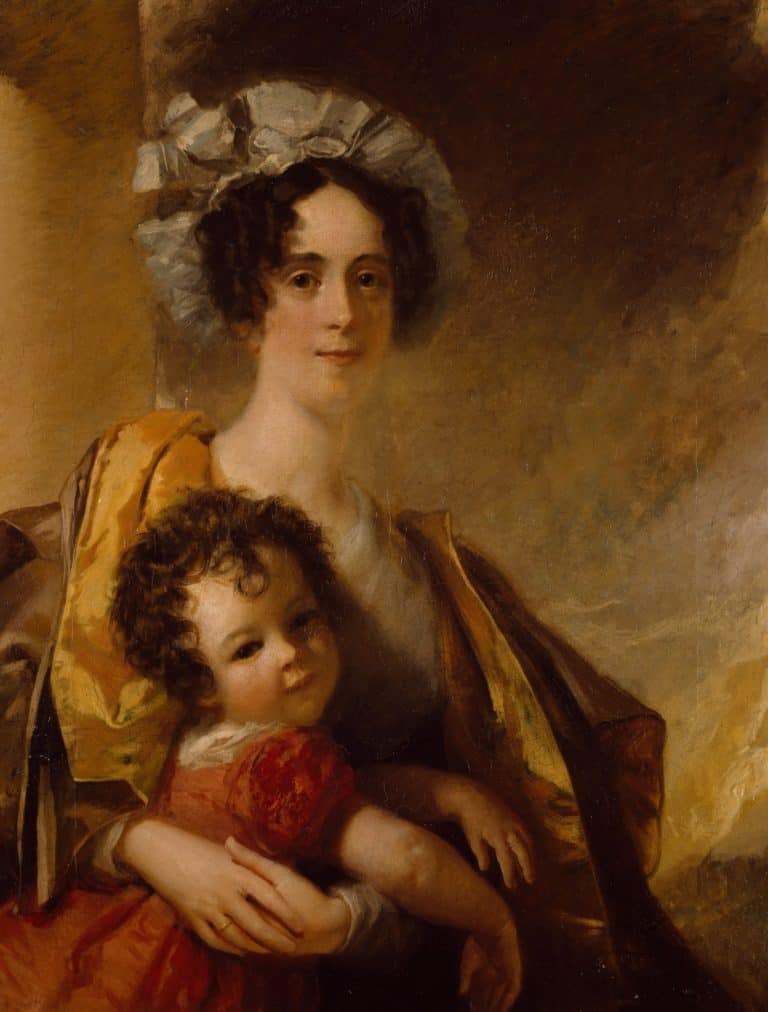Common Misconceptions About OCD

Welcome to the world of Obsessive-Compulsive Disorder (OCD), where our brains love to play tricks on us and mess with our peace of mind. Now, let’s debunk some hilarious misconceptions about OCD that have people scratching their heads—or washing their hands—confusedly.
Picture this: OCD, the Disorder of Cleanliness! Ah, the infamous stereotype that portrays all of us with OCD as germophobic neat freaks, constantly scrubbing and organizing.
But hold on a second! OCD is not just about rearranging your sock drawer or sanitizing your hands until they’re squeaky clean. Trust me, our obsessions and compulsions can get way more creative than that!
So, buckle up and get ready to debunk these misconceptions about OCD, one laugh at a time. Remember, a little humor can go a long way in breaking down barriers and fostering understanding. And hey, if you need to check the stove 17 times before leaving, just make sure it’s off and enjoy the ride!
How Common is OCD?
Obsessive-Compulsive Disorder (OCD) is a relatively common mental illness (anxiety disorder) that affects people worldwide. According to estimates from the World Health Organization (WHO), OCD is ranked as one of the top 20 causes of disability worldwide. Unfortunately, a lot of individuals that live with OCD also deal with one or more additional mental illnesses, such as anxiety or depression, as well.
The prevalence of OCD can vary depending on the population studied and the diagnostic criteria used. However, research suggests that OCD affects approximately 2% to 3% of the global population at some point in their lives.
In the United States, the National Institute of Mental Health (NIMH) reports that approximately 1.2% of adults in the U.S. have had a diagnosis of OCD in their lifetime.
It’s worth noting that OCD can occur in both children and adults, and it affects people from various cultural, ethnic, and socioeconomic backgrounds. It is equally common among men and women.
While OCD can be a challenging condition to live with, it is treatable with a combination of therapy, medication, and proper treatment. The International OCD foundation is a great resource to start with education and treatment for OCD.
Common Misconceptions About OCD
Misconceptions about Obsessive-Compulsive Disorder (OCD) are common, and they can contribute to misunderstandings and stigma surrounding the condition. There are plenty of misconceptions that surround most mental illnesses, especially when it comes to OCD. These OCD myths can be harmful and demoralizing for people struggling with the condition. Here are some common myths about OCD:
OCD is just about being excessively clean or organized
One of the most common misconceptions about OCD includes the presumption that it just means that someone is a “neat freak” and just does not like germs.
While some individuals with OCD may have common obsessions and common compulsion related to cleanliness and organization, OCD encompasses a much broader range of obsessive thoughts and repetitive behaviours. OCD can manifest in various ways, such as excessive worries about safety, symmetry, perfectionism, religious or moral obsessions, and many other themes.
OCD is a personality trait or a character flaw
OCD is a recognized mental health disorder and should not be dismissed as a personal choice or character flaw. It is not something that individuals can simply “snap out of” or control on their own. OCD is characterized by unwanted, obsessive thoughts (obsessions) and repetitive behaviors or ritualistic behaviours (compulsions) aimed at reducing anxiety or preventing feared outcomes.
Everyone has a little bit of OCD
It’s common for people to use the term “OCD” casually to describe being organized or particular about certain things. However, these stereotypical portrayals increase the severity and impact of OCD on individuals who truly experience the disorder. True OCD is a clinically significant condition that goes beyond typical habits or preferences.
OCD is rare
As mentioned earlier, OCD is actually more common than many people realize. It affects millions of people worldwide, and prevalence rates indicate that it is not an uncommon condition. Early intervention is key, so reach out to a mental health professional if you or a loved one are exhibiting signs of OCD.
OCD is just about being a perfectionist
misconceptions surrounding perfectionism can be a part of OCD for some individuals, it is not the sole defining characteristic of the disorder. OCD involves intrusive thoughts that cause distress and lead to compulsive behaviors or mental rituals aimed at alleviating anxiety. Perfectionism may be present in some cases, but it is not the primary factor in all individuals with OCD.
OCD can be cured by simply trying harder or ignoring the thoughts
OCD is a complex mental health condition that typically requires professional treatment. It is not a matter of willpower or effort. It’s important to understand and challenge these misconceptions in order to foster empathy, support, and accurate knowledge about OCD.
Related Article(s) – Can OCD Cause Brain Damage?
What is it Really Like to Experience OCD?

Experiencing Obsessive-Compulsive Disorder (OCD) can be incredibly distressing and disruptive to a person’s life. It is important to remember that OCD manifests differently in individuals, but here are some common aspects of what it’s like to live with OCD:
Intrusive thoughts
People with OCD often experience obsessive thought, which are unwanted and distressing. These thoughts can be disturbing, violent, or taboo in nature. They may involve fears of harming oneself or others, doubts about safety or cleanliness, or intrusive sexual or religious thoughts. These thoughts are intrusive and feel uncontrollable, causing significant anxiety.
Compulsive behaviors
Individuals with OCD engage in compulsive behaviors or rituals to alleviate anxiety or prevent feared outcomes. These behaviors can be visible, such as excessive handwashing, checking and rechecking locks, arranging or organizing objects, or they can be mental rituals like repeating certain words or counting in specific patterns. Performing these rituals provides temporary relief but perpetuates the cycle of OCD.
Impact on daily life
OCD can significantly interfere with daily functioning. The time-consuming nature of compulsions and the preoccupation with intrusive thoughts can disrupt work, school, relationships, and leisure activities. The constant need to engage in rituals can be exhausting and prevent individuals from participating fully in their lives.
Related Article(s) – Is OCD a Type of Autism?
How to Push Back Against the Stigmas Surrounding OCD
Pushing back against common myths and stigmas surrounding OCD can help create a more understanding and supportive environment for individuals living with the condition. Here are some ways to challenge and combat OCD-related stigma:
Take The Y-BOCS OCD Test to help determine the severity of your OCD symptoms.
Education and Awareness
Increase awareness and understanding of OCD by sharing accurate information about the disorder. Educate yourself and others about the complexities of OCD, its symptoms, and the impact it can have on individuals’ lives. Encourage open conversations about mental health to reduce stigma and misconceptions.
Personal Stories
Sharing personal stories of individuals living with OCD can be powerful in humanizing the condition and challenging stereotypes. Encourage people with OCD to share their experiences to help others gain insight into the challenges they face and the resilience they demonstrate.
Language Matters
Be mindful of the language you use when talking about OCD. Avoid using the term “OCD” casually to describe preferences or habits. Use accurate and respectful language that acknowledges the seriousness of the disorder.
Challenge Stereotypes
When you come across misinformation or stereotypes about OCD, take the opportunity to correct them gently and respectfully. Challenge misconceptions and myths by providing accurate information about the disorder.
Related Article(s) – What Will Happen if OCD is Left Untreated?
Final Thoughts On Common Misconceptions About OCD
In summary, there are many misconceptions about obsessive-compulsive disorder. It isn’t a personality trait, only about cleaning, or always easy to spot. There are many myths about OCD and these can be harmful and hurtful to young people who suffer from the condition. People with OCD find it difficult to dismiss their anxiety and unpleasant thoughts.
OCD remains one of the most misunderstood mental disorders due to many reasons, including its stereotypical portrayal in media
Fortunately, there are effective treatments available for OCD. Cognitive-Behavioral Therapy (CBT), particularly Exposure and Response Prevention (ERP), is considered the gold standard treatment for OCD.
Medication, such as selective serotonin reuptake inhibitors (SSRIs), can also be helpful in managing symptoms. Additionally, a combination of therapy and medication can often yield the best outcomes.




